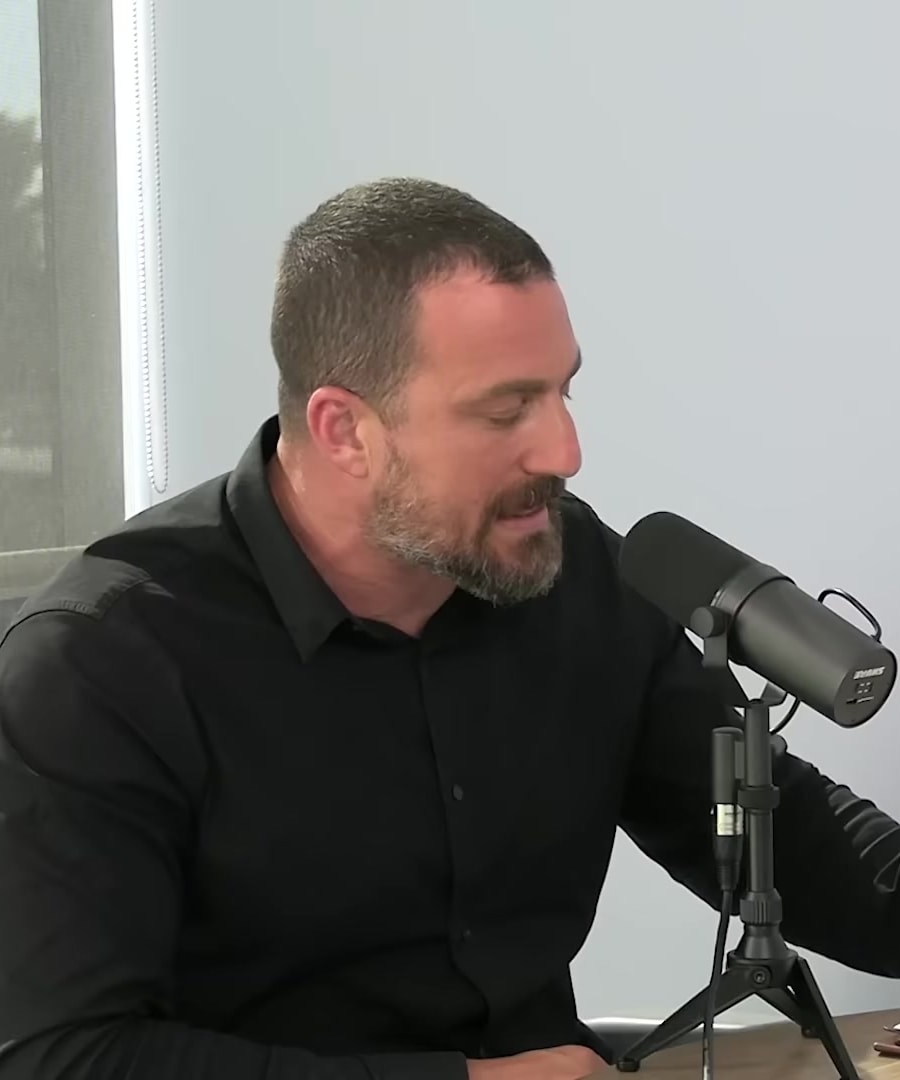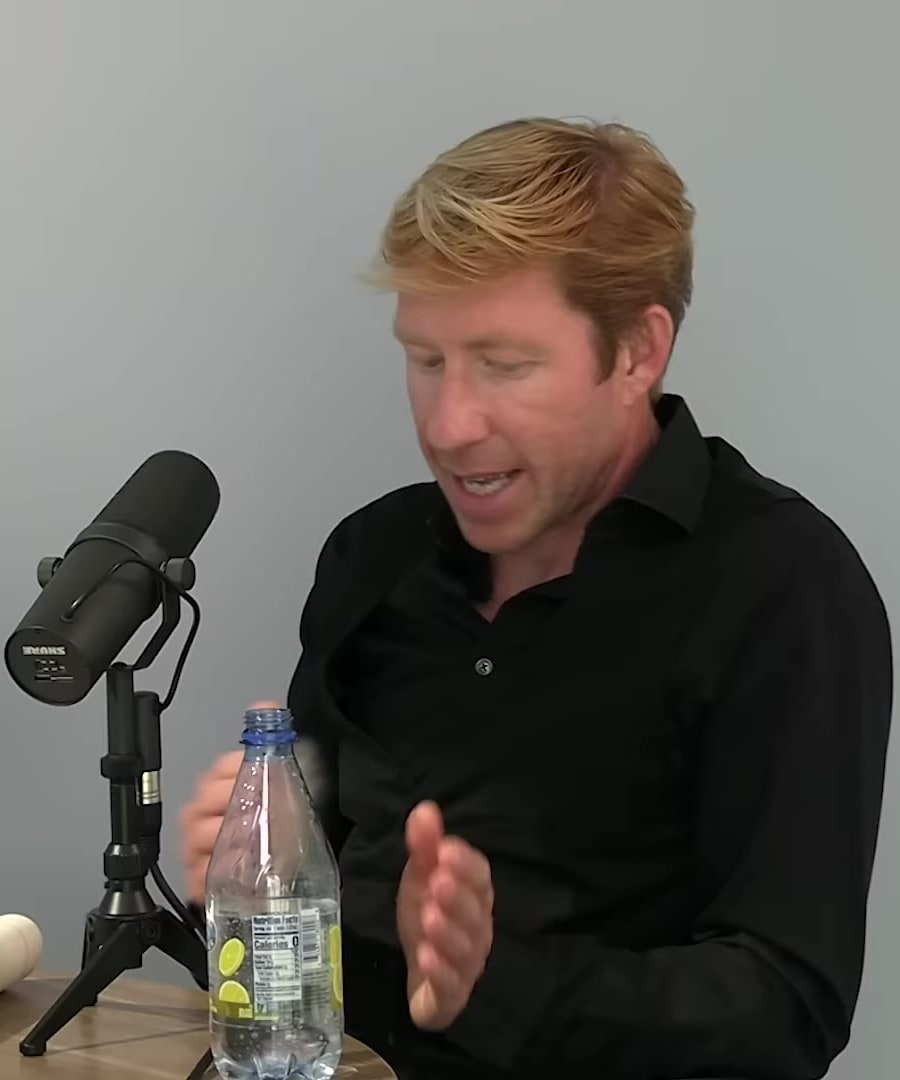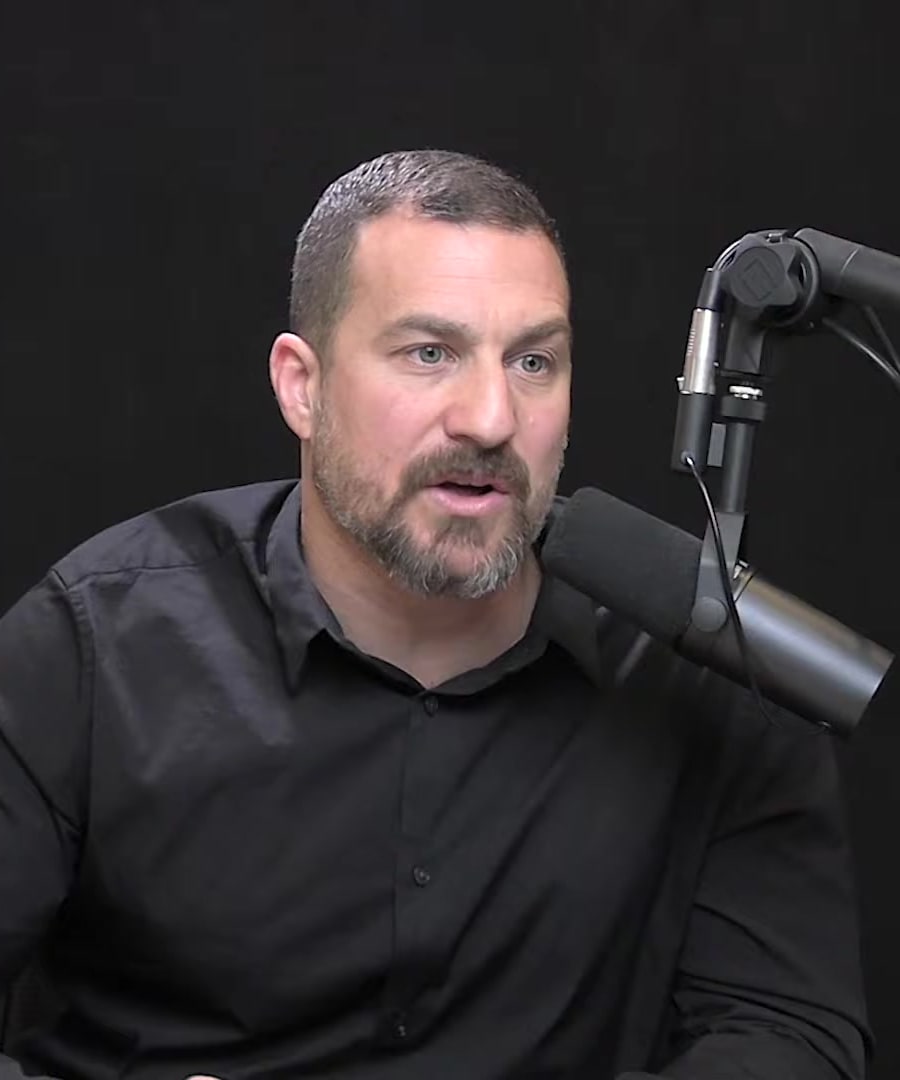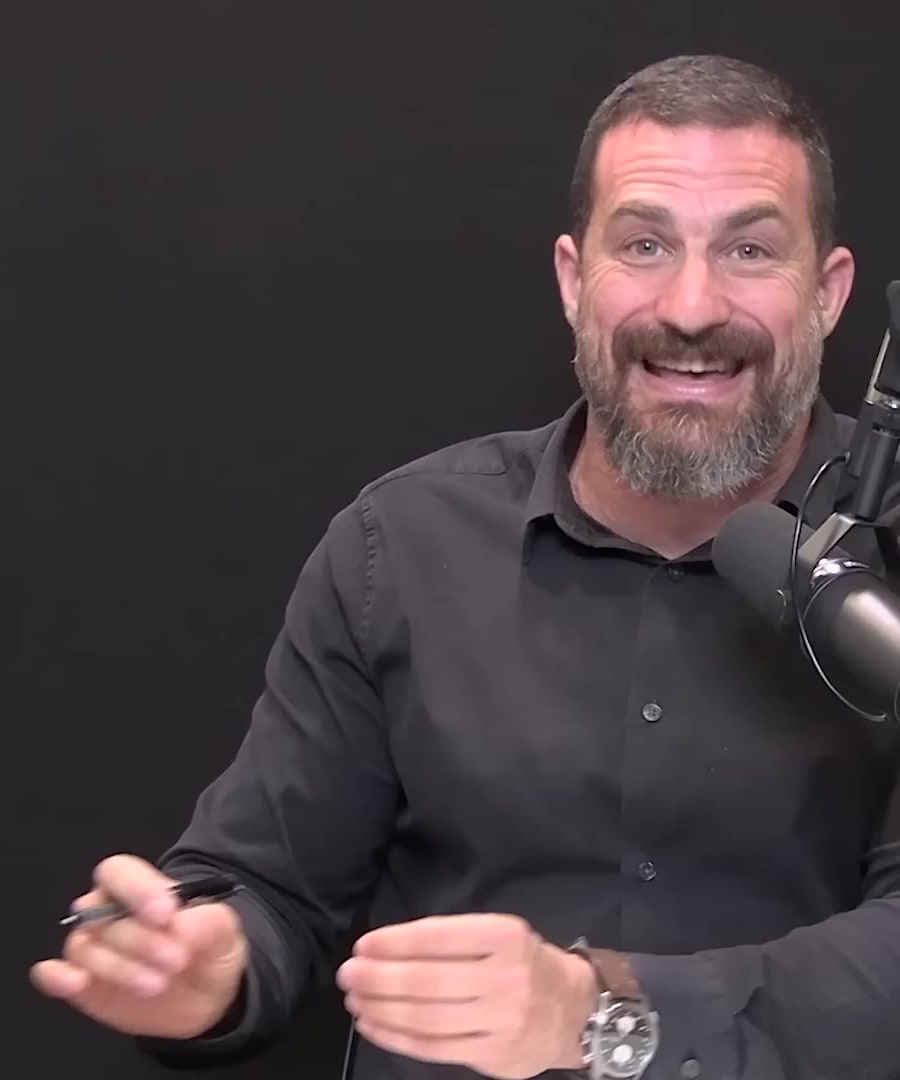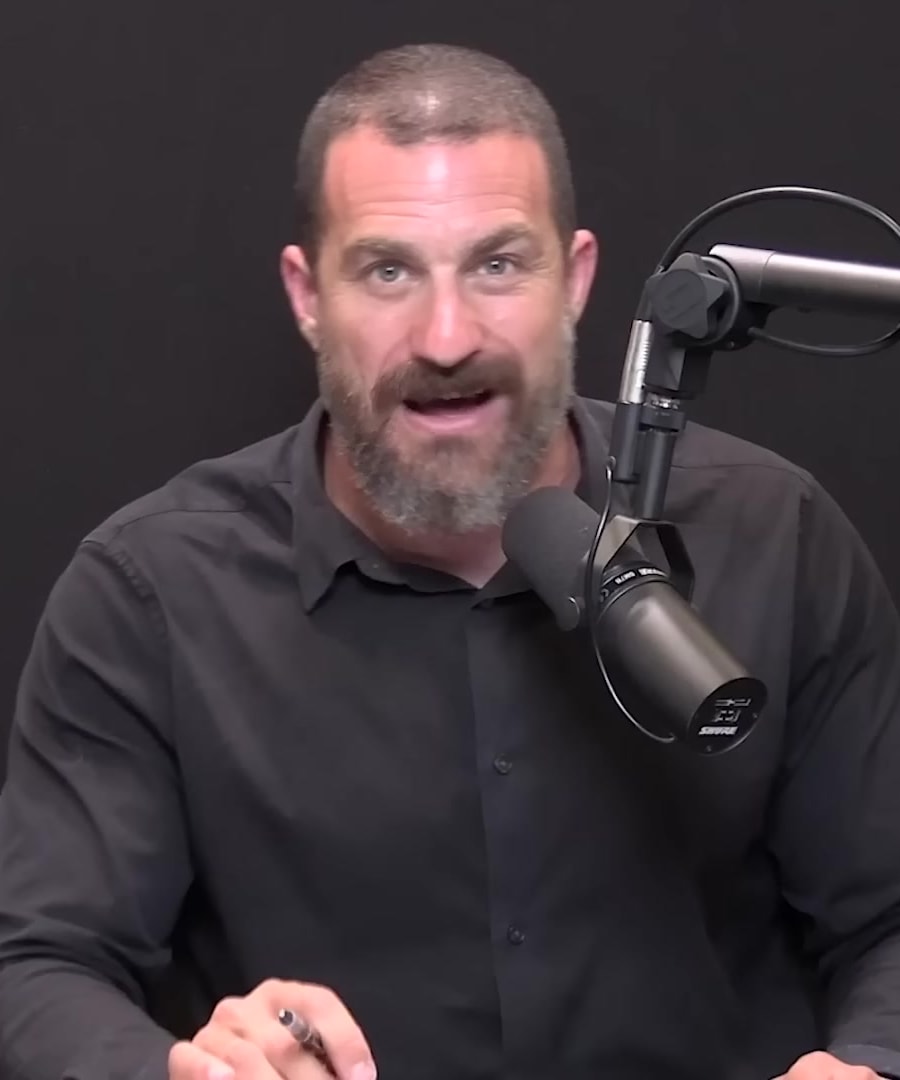How does Marijuana disrupt your sleep?
Sources:
Marijuana, and specifically THC (tetrahydrocannabinol), can disrupt the architecture of sleep. THC can speed up the onset of non-consciousness but does not promote natural, restful sleep. It has been observed to block REM sleep, leading to a lack of dream recall in people who use it. After cessation of THC use, individuals often experience intense and bizarre dreams due to a REM sleep rebound effect. This REM sleep rebound implies that the brain tries to compensate for the REM sleep it was previously deprived of 1.
Additionally, long-term use of THC can lead to withdrawal dependency, where more THC is required to achieve the same sleep-inducing effect. When use is stopped, severe rebound insomnia can occur as part of the withdrawal profile 2. Regular intake of THC disrupts the overall sequencing and depth of sleep, making it less restorative 3.
Furthermore, Andrew Huberman also discusses the compelling effects of THC and CBD on the endogenous cannabinoid receptors in the brain and body, with much greater potency than the body's own cannabinoids. This can lead to dependence and disrupted brain states when these substances are not ingested, affecting both sleep and anxiety levels 4. He advises that while THC and CBD may lower anxiety and aid with sleep initiation for some individuals, these substances ultimately interrupt healthy sleep architecture and should not be substituted for more effective sleep practices 5.
RELATED QUESTIONS
How does Marijuana disrupt your sleep?
- RELATED QUESTIONS
